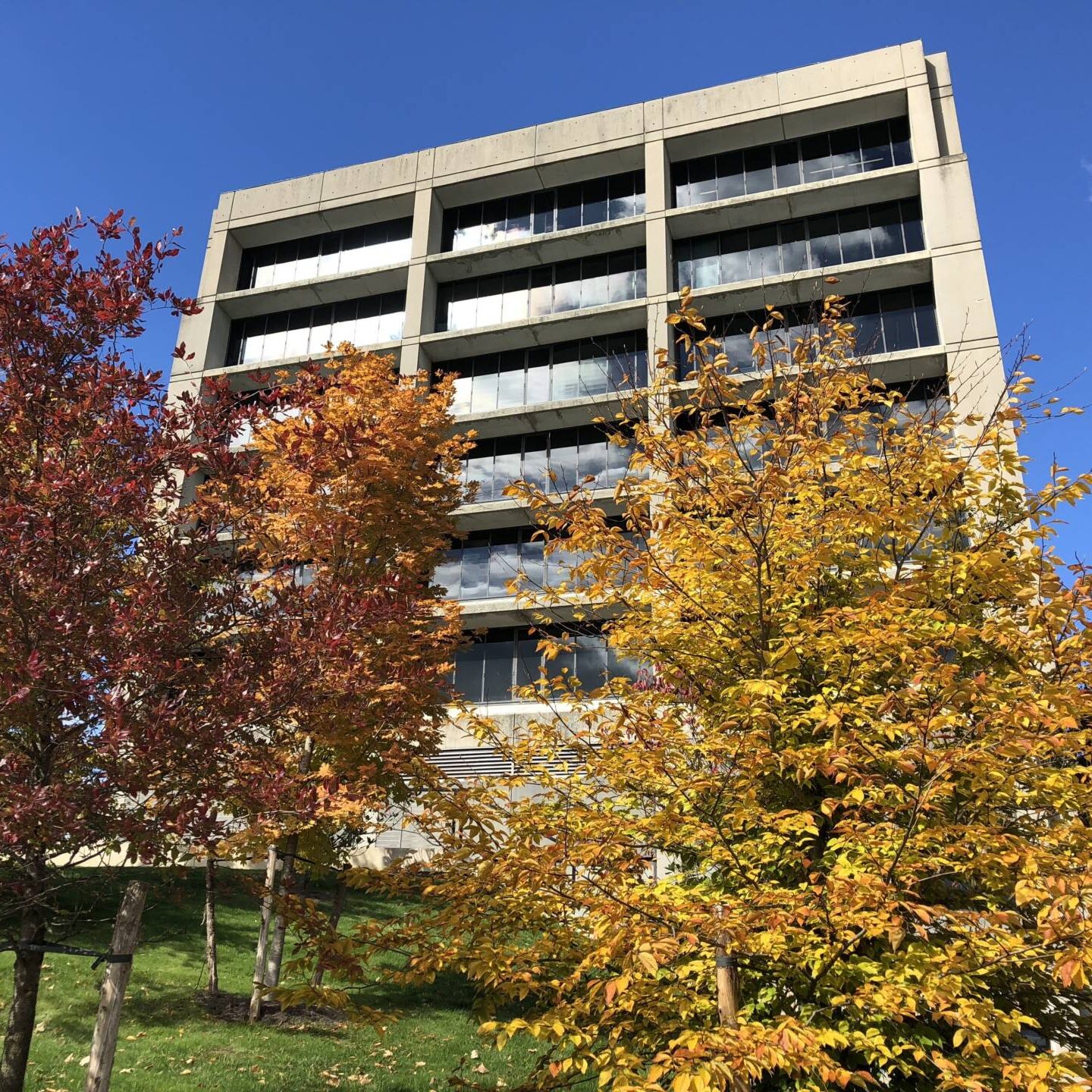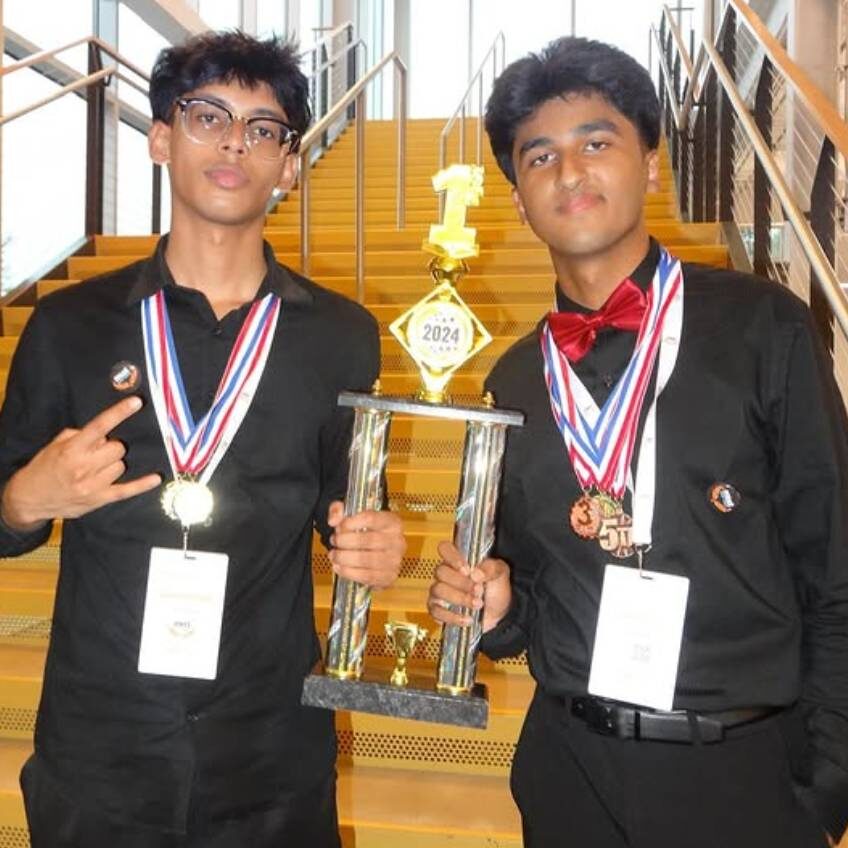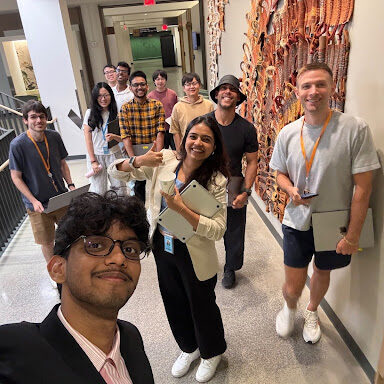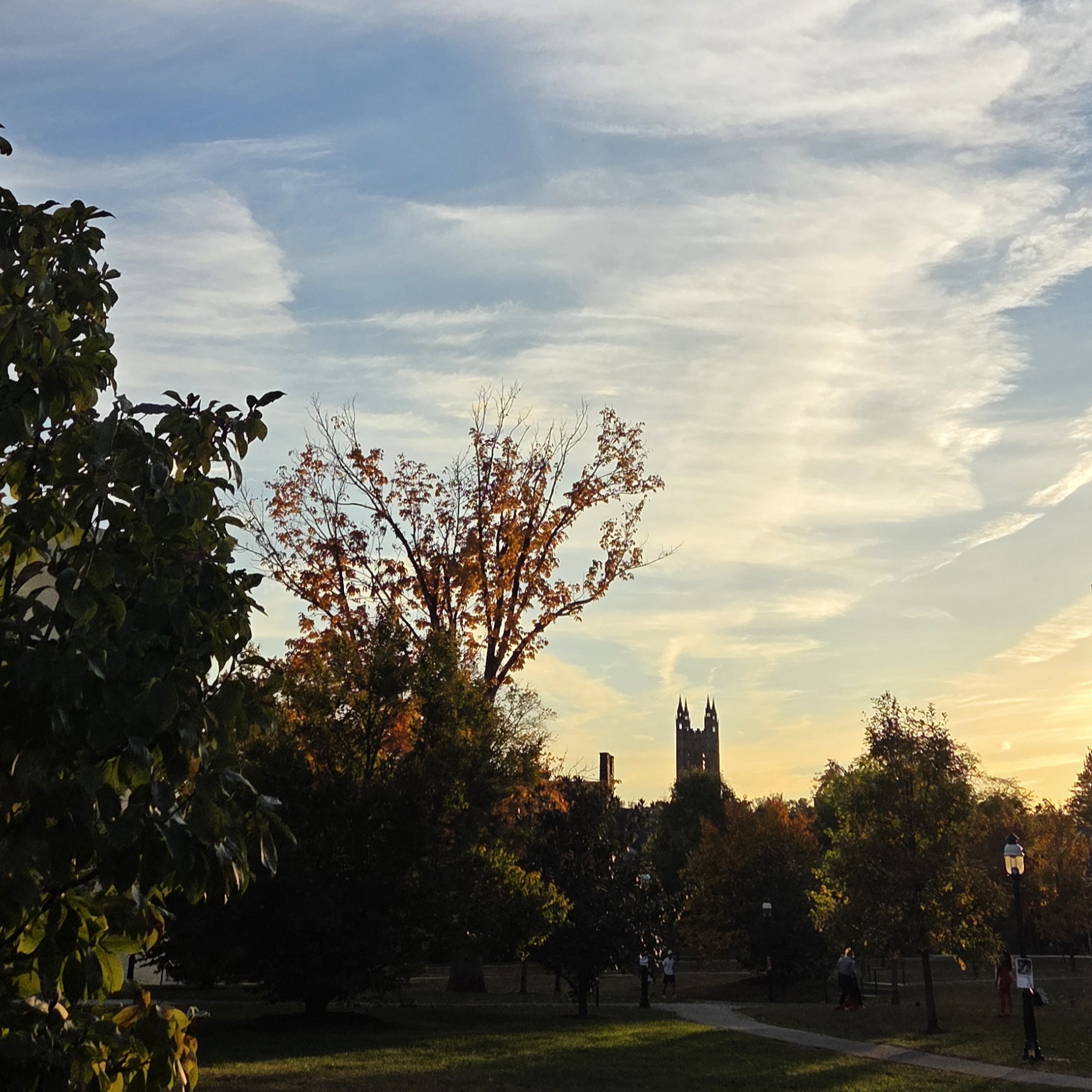First-year writing seminars are a rite of passage for all Princeton students, introducing you to the research and writing skills you need to craft an independent research paper. But what comes next? For many undergraduates, sophomore year is a year-long pause before you actually get to apply those independent research skills in your JP. The Princeton Writing Program’s sophomore research seminars offer an alternative.
Continue reading Research in the Humanities and Social Sciences: Sophomore Research SeminarsGrowing Up in the Same Lab

After the first meeting of the semester with my adviser, whom I’ve been working with since my first-year spring, I looked at the list of papers I had to read for my junior independent work but chose to open the small birthday card my adviser gave me on behalf of the lab. Seeing everyone’s “Happy Birthday” made me feel, more than ever before, like I belonged.
And I was growing up.
I was energized, ready to take on a new responsibility. Since the conversation I had with my PI over the summer, I had been excited to get started. Coming into Princeton interested in memory and potential ways to manipulate unwanted or negative ones, getting to use eye trackers to exert top-down control over what people look at and induce forgetting by weakening the activation of the related pathways based on the eye gaze pattern seemed like a sci-fi movie coming to life. I couldn’t wait to feel ownership over my own project and contribute to the kind of work my lab cares so much about.
After two years, I started to feel like I was equipped to excel on all fronts at Princeton.
But reality… hit.
Continue reading Growing Up in the Same LabYou Don’t Have to Be an Expert to Start Research

Last semester, as a sophomore in the Electrical and Computer Engineering Department, I completed my first independent research project as part of the Sophomore Independent Work (ECE 298) with Swan Labs, a lab that works on next-generation wireless systems by combining electromagnetics, signal processing, and system-level design to build fast, intelligent, secure, and adaptable wireless technologies. While I had done research in high school before, this was my first time engaging in research within a truly structured academic setting. The experience felt fundamentally different from anything I had done previously, and it reshaped how I understand what research really means.
Continue reading You Don’t Have to Be an Expert to Start ResearchWelcome Our New Chief Correspondent!
It has been incredible serving as the Chief Correspondent for PCUR this past year. I am so excited to now hand over the role to Angel, who has been a Natural Sciences correspondent for the past year and a half.
Not only does Angel write about her research experiences—like her time in Germany— but she also loves interviewing her scientific mentors and bringing their stories to life. She is equally passionate about sharing the self-learned lessons she has gained about balancing academic pursuits with personal happiness and health.
Originally from Bangkok, Thailand, Angel is currently a junior majoring in neuroscience—and a fellow Forbesian! At Princeton, she is conducting her Junior Paper in the Computational Memory Lab, advised by Professor Ken Norman and Dr. Augustin Hennings, where she has been a research assistant since her first year. Her research uses eye-tracking methods to develop strategies for suppressing unwanted memories.
When she’s not writing for PCUR, Angel serves on the leadership team of Princeton Peer Nightline. She also works as an Academic, Learning, and Life Consultant with the McGraw Center and UCA for NEU350. This summer, she will be returning home as a John Bogle Fellow, doing a civic engagement project focused on neuroeducation and improving intrinsic learning capabilities among Thai students.
For fun, Angel loves drawing her friends’ faces as cartoons on random whiteboards wherever they study, talking about recent movies she’s watched or books she’s reading, and saying yes to spontaneous side quests with friends around campus.
Welcome to your new role, Angel!
— Rebecca Cho, Chief Correspondent Emeritus
Returning to Roots: Sadat’s Summer at the Muslim Interscholastic Tournament
As a first-year, Sadat Ahmed—now a sophomore majoring in Electrical and Computer Engineering—returned to a community that had shaped some of his most defining high school experiences. For Sadat, the Muslim Interscholastic Tournament (MIST) had always been more than a competition. It was where he discovered leadership, formed lasting friendships, and learned to believe in his own potential. Coming back as a Software Engineering Intern gave him the chance to reconnect with the program in a new and meaningful way.
Continue reading Returning to Roots: Sadat’s Summer at the Muslim Interscholastic TournamentNavigating Deadlines

If someone asked me to describe my experiences with research in a word, I’d probably end up at a loss. My research experiences have been exciting, tiring, and fulfilling all at once. Research is endlessly multifaceted, with each experience being unique. Still, a few constants remain, and deadlines are certainly one of them. No matter the methods, no matter the discipline, every project eventually comes to an end. As that moment creeps closer, it often feels more and more inconveniently insurmountable.
Despite this, deadlines are important. They not only help with the goal-setting process, but also force us to abandon the appeal of endless revisions in the pursuit of perfection. Deadlines ensure that, at some point, there will be a final product. Meeting those deadlines, however, is a different story and one that can present real challenges.
Continue reading Navigating Deadlines6 Tips to Prepare for Independent Work Over Break
As another semester draws to a close and winter break looms, now is the perfect time to make a plan for independent work over break. The flexibility of break can give you the freedom to work on your own schedule, but it can also be challenging to keep making progress without the external structure of the semester. Here are a few things that I’m doing before leaving campus to help set me up for thesis writing over the break:
Continue reading 6 Tips to Prepare for Independent Work Over BreakBeyond the Orange Bubble: A Guide to Thesis Research Abroad

One of the greatest benefits of being a Princeton student is the unparalleled access to international opportunities. Whether it’s traveling for classes and clubs, completing an IIP (International Internship Program), doing fieldwork through HMEI (High Meadows Environmental Institute), taking a Global Seminar course through PIIRS (Princeton Institute for International and Regional Studies), or participating in Princeton’s many language programs abroad, many students find ways to leave the Orange Bubble—literally. To become better-informed global citizens, it is important not only to study the world from Princeton, but also to spend time in the world beyond Princeton.
One powerful way to do this is by conducting research abroad. When I was a junior preparing for my senior thesis, I knew I wanted to incorporate an international dimension into my work and, if possible, travel over winter break of senior year. Although I had been fortunate to travel domestically through Princeton, I hadn’t yet taken advantage of any study or research opportunities abroad. Winter break of senior year is one of the last, and most popular, chances to do so. Princeton has a wide range of thesis funding sources, which makes it very possible to take your research to an international site.
Continue reading Beyond the Orange Bubble: A Guide to Thesis Research AbroadScaling Solutions: Kyaw Naing’s Internship Journey at Amazon
This summer, Princeton sophomore Kyaw Naing returned to his hometown of New York City for a 12-week internship with Amazon’s Grocery Subscription team, an opportunity made possible through the Amazon Future Engineer (AFE) program. AFE is a highly competitive national initiative that aims to support students from underrepresented and underserved communities in STEM, offering college scholarships, mentorship, and paid internships at Amazon. Kyaw was one of only 400 students selected for the program. As an Electrical and Computer Engineering student from Queens, Kyaw saw the internship as a chance to push himself beyond the classroom. During his time with the Grocery Subscription team, he tackled real-world technical challenges at massive scales while working on services that millions of customers rely on every day.
The team owns the whole lifecycle of Grocery Subscription and focuses on building the Amazon Grocery Subscription, enabling customers to subscribe and order groceries. Work on the team involves significant research into sophisticated cloud infrastructure and pipelines and for Kyaw, this was the perfect environment to connect what he learned in his COS classes with real-world practice and research.
Continue reading Scaling Solutions: Kyaw Naing’s Internship Journey at AmazonRecommendations for Rec Letters
With my junior year well underway, I’ve started to do some thinking about everything that comes after you leave the “orange bubble”. As someone whose Princeton experience has been shaped by diverging interests, it’s exciting to imagine applying the unique skillsets I’m gaining to new contexts. Still, whether it’s internships, fellowships, or research projects, nearly every opportunity is guarded by an application process of some kind. While some applications can be relatively simple, many are decidedly complex. Of the many interlocking parts that make up any application process, letters of recommendation represent some of the most critical cogs in the machine. What makes letters of recommendation so important is that they can provide a new perspective on you as an applicant, affirm aspects of your application you’ve already shared, and more fully characterize you as a person. Still, asking for letters of recommendation can create uncertainty.
Continue reading Recommendations for Rec Letters






